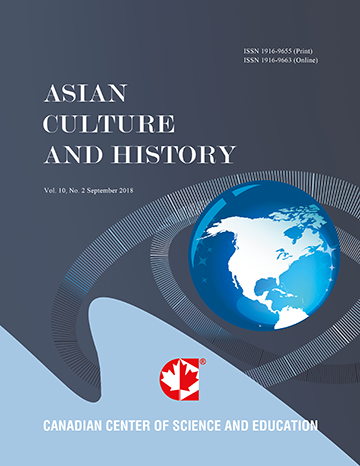Basic Concepts of the Yin-Yang Story and Five-Element Doctrine and Their Implications in Business
- Shengfei Gan
- Baojin Zhao
- Helena Johanna van Niekerk
- Lindani Ncube
Abstract
This paper explores the fundamental principles of the Yin-Yang story and the five-element doctrine, both of which have their roots in ancient Chinese culture—one of the oldest continuous civilizations in the world. These philosophical concepts have profoundly influenced the Chinese people throughout their history, shaping their mentality, business practices, and social pursuits. The aim of this paper is to examine how the dualistic nature of Yin and Yang, representing opposing yet interconnected forces, and the five-element doctrine, categorizing the physical world into the elements of wood, fire, earth, metal, and water, continue to impact modern business strategies and decision-making processes in China. Through a detailed analysis, this paper reveals the complex relationships of unification, opposition, interdependence, mutual consumption, and transformation inherent in these philosophies. The findings demonstrate how these ancient doctrines still play a vital role in contemporary Chinese thought, offering valuable insights for global business interactions and contributing to the enrichment of the world’s cultural heritage.
- Full Text:
 PDF
PDF
- DOI:10.5539/ach.v16n2p13
Journal Metrics
Google-based Impact Factor (2017): 5.42
h-index (January 2018): 11
i10-index (January 2018): 21
h5-index (January 2018): 6
h5-median (January 2018): 9
Index
- Academic Journals Database
- CNKI Scholar
- COPAC
- EconPapers
- Elektronische Zeitschriftenbibliothek (EZB)
- Excellence in Research for Australia (ERA)
- Genamics JournalSeek
- Google Scholar
- Infotrieve
- LOCKSS
- MIAR
- NewJour
- Open J-Gate
- PKP Open Archives Harvester
- Publons
- RePEc
- Scilit
- SHERPA/RoMEO
- Standard Periodical Directory
- Technische Informationsbibliothek (TIB)
- The Keepers Registry
- Universe Digital Library
- WorldCat
Contact
- Ivan YongEditorial Assistant
- ach@ccsenet.org
